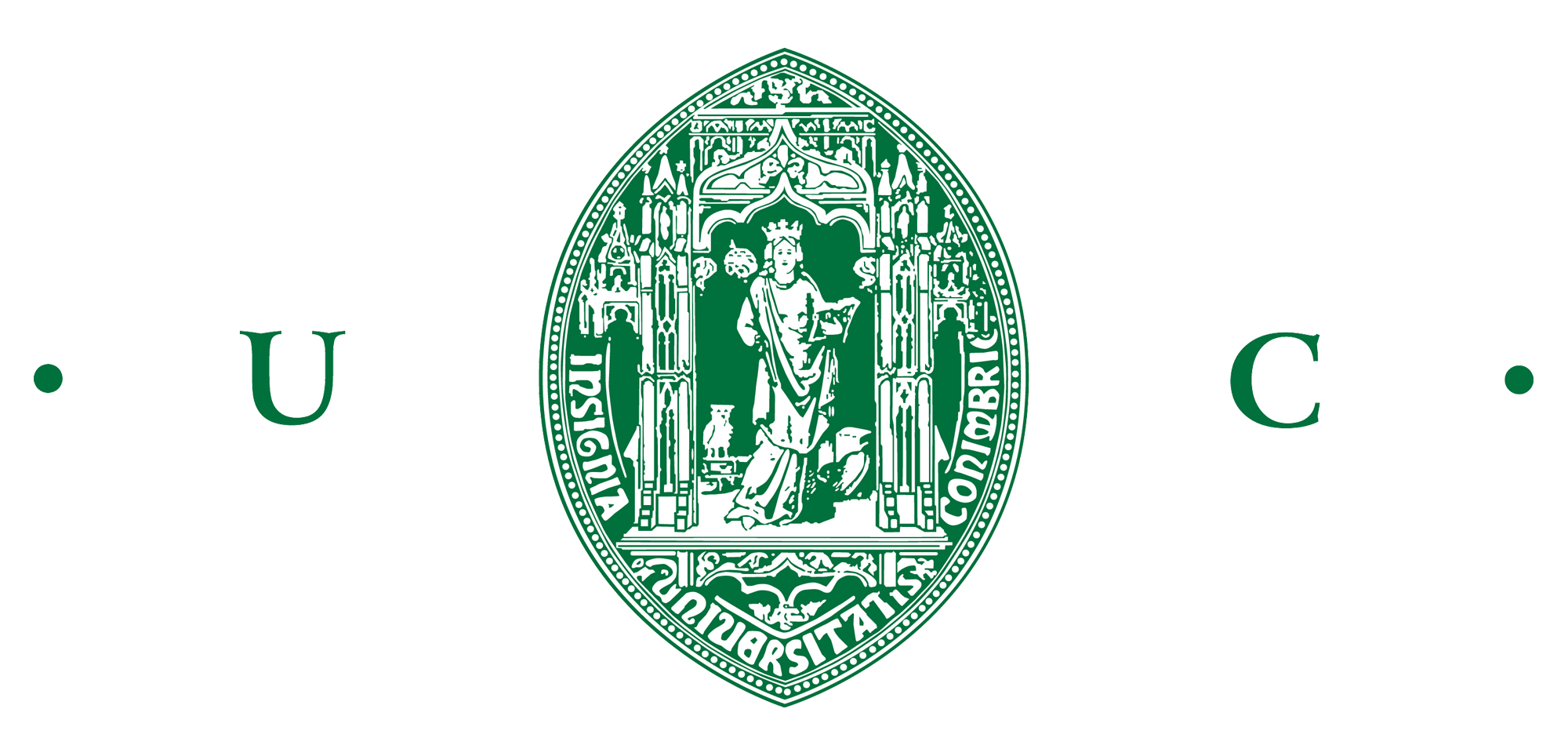2026 | 2025 | 2024 | 2023 | 2022 | 2021 | 2020 | 2019 | 2018 | 2017 | 2016 | 2015 | 2014 | 2013 | 2012 | 2011 | 2010 | 2009 | 2008
Host flexibility and space filling in supramolecular complexation of cyclodextrins: A free-energy-oriented approach.
Authors: Tânia F. Cova; Bruce F. Milne; Alberto A. C. C. Pais
Ref.: Carbohydr. Polym. 205, 42-54 (2019)
Abstract: Cyclodextrins (Cds) are versatile carbohydrate hosts for developing multifunctional nanostructures of pharmaceutical interest. Factors affecting the thermodynamic signatures and stability of β- and γ-Cd complexes are detailed at the atomic level. The MD/PMF-based method is combined with the description of the nature and strength of the inter-partner affinity. Naphthalene, adamantane and lycorine derivatives are used as models of drug-leading structures. Guest size affects Cd-guest contact and the inclusion degree, inducing Cd deformation, which opposes inclusion. Complexation depends on the available Cd cavity volume, as guest fitting variations and the enthalpy penalty from Cd deformation impact on the binding constants (promoting a reduction of up to 104). The often neglected Cd deformation plays, thus, an important role in the interaction behavior of larger cavity Cd-based systems, being crucial in carbohydrate-mediated recognition phenomena. It corresponds to an increase in energy of ca. 90 kJ mol−1 in the simpler analyzed model system.


